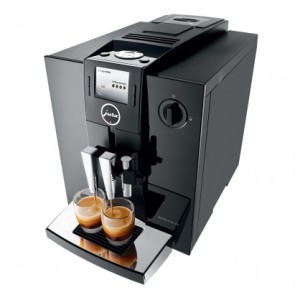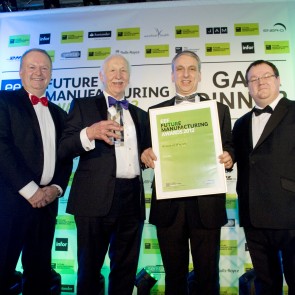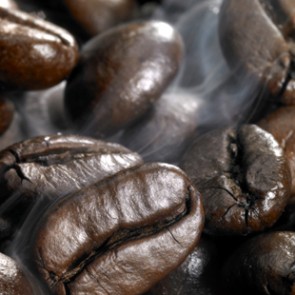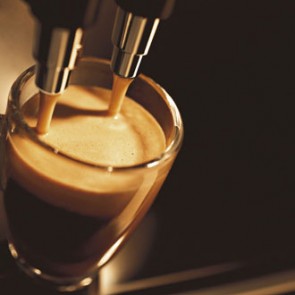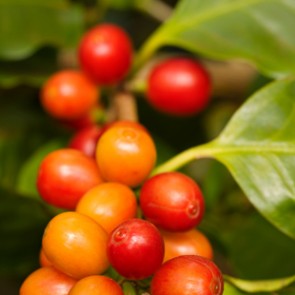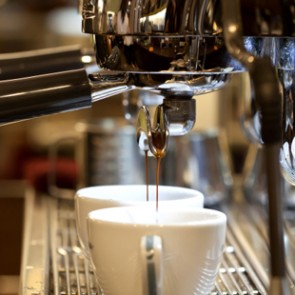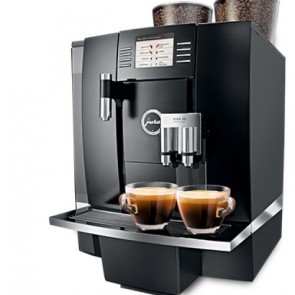
Who would’ve thought that in the tea-drinking nation of Ireland we’d be discussing the fact that off-trade volume sales of tea have been in decline for most of the last decade? Yet, here we are. Tea is going down, and coffee is going up.
Kettle sales have fallen from just over 12 million units per year in the UK in 2010, to just over 11 million in 2014 – and experts predict sales will not exceed 11 million again in any year between 2014-2019.*
The launch of pod coffee machines in recent years has played a big part in the declining sales of kettles, but slow sales haven’t just helped the world of pods – it’s attracted those who wouldn’t have previously considered buying a coffee machine to explore the different options available. And as we know, there are many options and benefits beyond the pod machines so most consumers end up graduating from pods to bean-to-cup.

